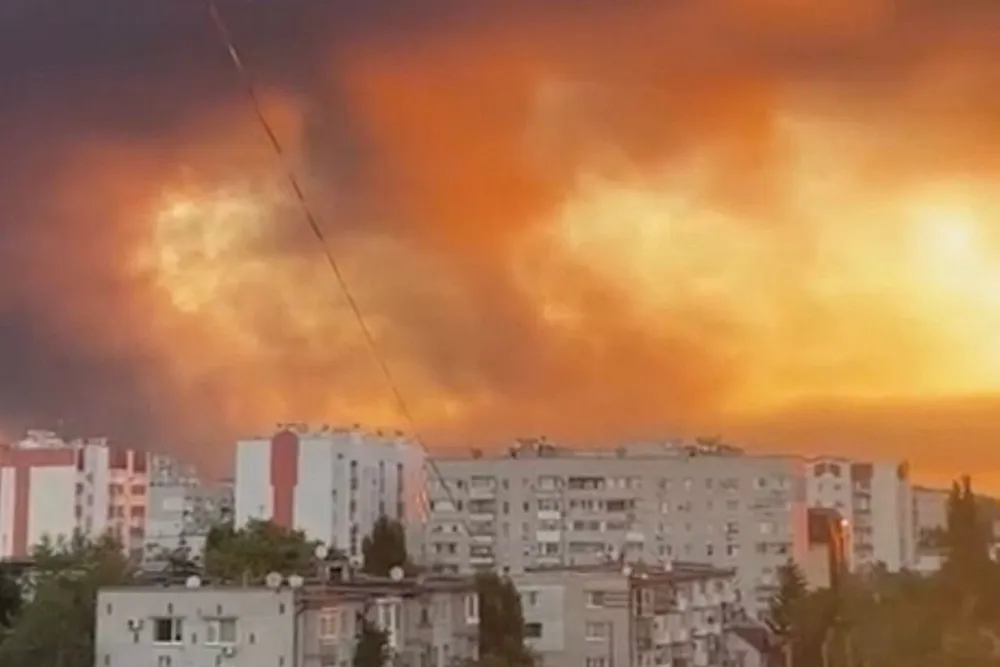Russian oil flows to Hungary and Slovakia resume after repairs to key pipeline
Flows had been halted following Ukrainian strike on Druzhba pipeline facility on Sunday

Russia has resumed delivery of its oil to Slovakia and Hungary following repairs to a pumping station on the Druzhba export pipeline that was attacked by Ukraine on Sunday.
In a statement to Upstream on Wednesday, Slovakia’s state run oil pipeline Transpetrol said that “the supply of crude oil to Slovakia via the Druzhba pipeline was restored in the evening hours of 19 August”.
Meanwhile, Hungary’s foreign minister Peter Szijjarto said on Tuesday evening that flows of Russian oil to the country had also resumed.
“I have just thanked Russian deputy energy minister Pavel Sorokin for the swift rectification of the damages caused by the attack. We expect that Ukraine will not commit another attack against the pipeline that is critical to the energy supply of our country,” Szijjarto said in a social media post.
While a European Union embargo halted member nations' purchases of Russian oil in December 2022, Hungary, Slovakia and the Czech Republic were granted exemptions to continue importing Russian oil via Druzhba to allow them more time to arrange alternative sources of oil supply.
Energy infrastructure attacks
Ukraine and Russia have continued to exchange attacks on each other's energy installations in recent weeks, with Ukraine repeatedly targeting Druzhba pipeline infrastructure as part of efforts to disrupt the flow of Russian hydrocarbons.
The latest Ukrainian assault on Druzhba on Sunday appears to have had a more profound effect. Besides the halt of Russian oil supplies to Hungary and Slovakia, exports of oil from Kazakhstan via Druzhba to Germany were also briefly interrupted, Reuters reported on Tuesday.
In an apparent response to Ukraine’s attacks on Russian energy infrastructure and transportation hubs, Moscow has stepped up its own strikes on energy facilities in Ukraine.
On Tuesday, Russian drones sparked major fires at a trunkline gas transmission facility in the Poltava region, Ukraine’s energy ministry confirmed in a statement on 19 August. The Poltava region hosts the country’s key natural gas fields.
Meanwhile a number of Russian attacks took place in the early hours of Wednesday. The energy ministry announced a strike on a regional gas distribution hub in the southern Ukraine region of Odessa, and dozens of Russian Shahed drones hit a large oil and products storage depot in the city of Izmail on the Danube river, a natural border between Ukraine and Romania.
Footage posted on social media by witnesses in Romania appears to show explosions and major blazes at the Izmail facility following the attack.
The head of the Odessa military administration Oleg Kyper confirmed the Russian attack on the installation in a social network message, adding that one person was injured.
(Copyright)